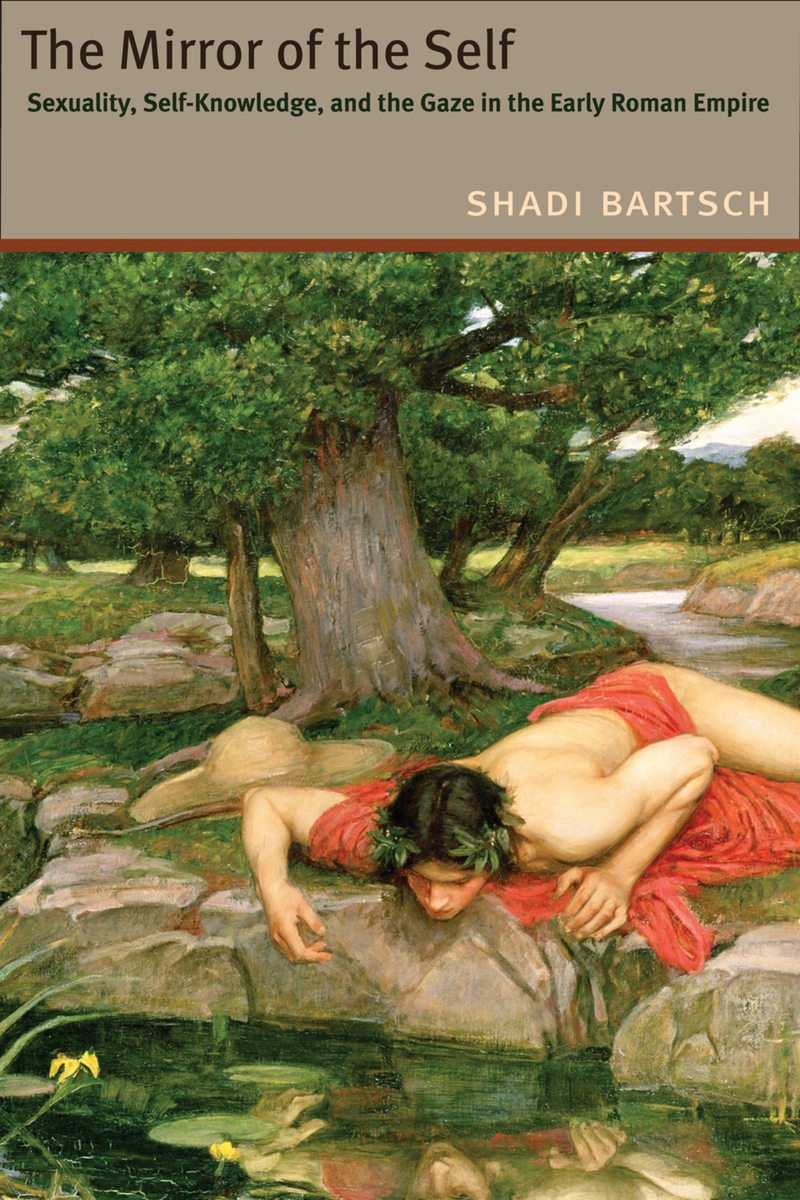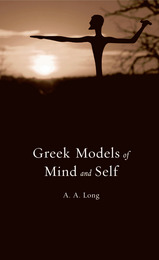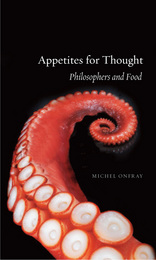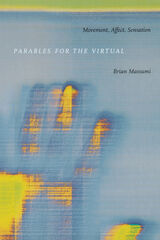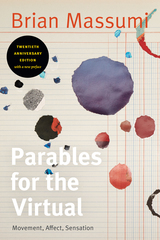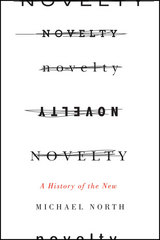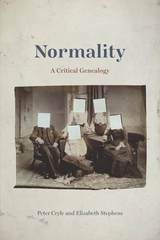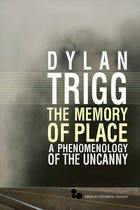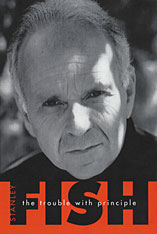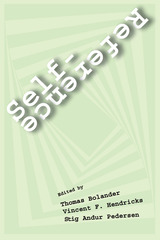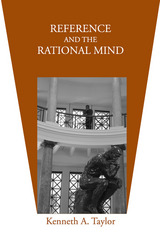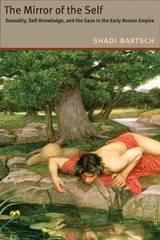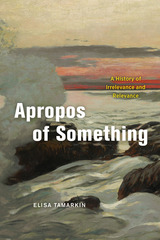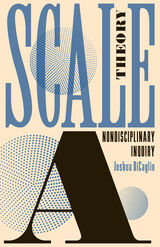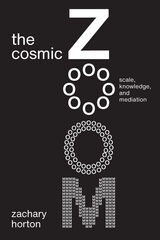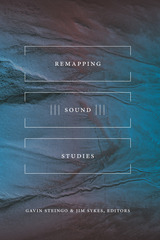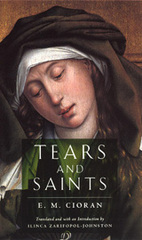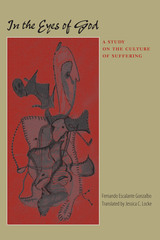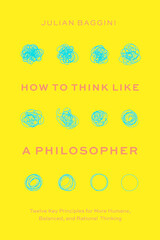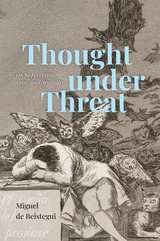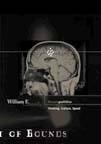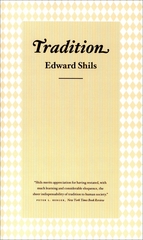The Mirror of the Self: Sexuality, Self-Knowledge, and the Gaze in the Early Roman Empire
University of Chicago Press, 2006
eISBN: 978-0-226-37730-8 | Paper: 978-0-226-21172-5 | Cloth: 978-0-226-03835-3
Library of Congress Classification B105.R27B37 2006
Dewey Decimal Classification 126.0937
eISBN: 978-0-226-37730-8 | Paper: 978-0-226-21172-5 | Cloth: 978-0-226-03835-3
Library of Congress Classification B105.R27B37 2006
Dewey Decimal Classification 126.0937
ABOUT THIS BOOK | AUTHOR BIOGRAPHY | REVIEWS | TOC | REQUEST ACCESSIBLE FILE
ABOUT THIS BOOK
People in the ancient world thought of vision as both an ethical tool and a tactile sense, akin to touch. Gazing upon someone—or oneself—was treated as a path to philosophical self-knowledge, but the question of tactility introduced an erotic element as well. In The Mirror of the Self, Shadi Bartsch asserts that these links among vision, sexuality, and self-knowledge are key to the classical understanding of the self.
Weaving together literary theory, philosophy, and social history, Bartsch traces this complex notion of self from Plato’s Greece to Seneca’s Rome. She starts by showing how ancient authors envisioned the mirror as both a tool for ethical self-improvement and, paradoxically, a sign of erotic self-indulgence. Her reading of the Phaedrus, for example, demonstrates that the mirroring gaze in Plato, because of its sexual possibilities, could not be adopted by Roman philosophers and their students. Bartsch goes on to examine the Roman treatment of the ethical and sexual gaze, and she traces how self-knowledge, the philosopher’s body, and the performance of virtue all played a role in shaping the Roman understanding of the nature of selfhood. Culminating in a profoundly original reading of Medea, The Mirror of the Self illustrates how Seneca, in his Stoic quest for self-knowledge, embodies the Roman view, marking a new point in human thought about self-perception.
Bartsch leads readers on a journey that unveils divided selves, moral hypocrisy, and lustful Stoics—and offers fresh insights about seminal works. At once sexy and philosophical, The Mirror of the Self will be required reading for classicists, philosophers, and anthropologists alike.
Weaving together literary theory, philosophy, and social history, Bartsch traces this complex notion of self from Plato’s Greece to Seneca’s Rome. She starts by showing how ancient authors envisioned the mirror as both a tool for ethical self-improvement and, paradoxically, a sign of erotic self-indulgence. Her reading of the Phaedrus, for example, demonstrates that the mirroring gaze in Plato, because of its sexual possibilities, could not be adopted by Roman philosophers and their students. Bartsch goes on to examine the Roman treatment of the ethical and sexual gaze, and she traces how self-knowledge, the philosopher’s body, and the performance of virtue all played a role in shaping the Roman understanding of the nature of selfhood. Culminating in a profoundly original reading of Medea, The Mirror of the Self illustrates how Seneca, in his Stoic quest for self-knowledge, embodies the Roman view, marking a new point in human thought about self-perception.
Bartsch leads readers on a journey that unveils divided selves, moral hypocrisy, and lustful Stoics—and offers fresh insights about seminal works. At once sexy and philosophical, The Mirror of the Self will be required reading for classicists, philosophers, and anthropologists alike.
See other books on: Mirror | Philosophy, Ancient | Self | Self-knowledge, Theory of | Sexuality
See other titles from University of Chicago Press
